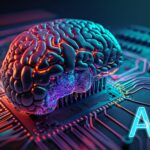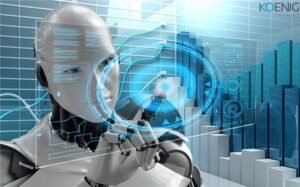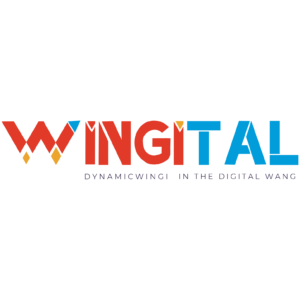Unfolding the Evolution of Artificial Intelligence: A Deep Dive into its Revolutionary Developments
Introduction
Artificial Intelligence (AI) has come a long way since its conceptualization, bridging the gap between technological fantasy and reality. The groundbreaking advancements in AI have transformed how we live and work, prompting a deep dive into its evolutionary journey and revolutionary developments.
The Origins and Evolution of AI
Artificial Intelligence was first mooted in the mid-20th century when mathematician Alan Turing proposed a machine that could mimic human intelligence. However, it wasn’t until the 1950s that the term “Artificial Intelligence” was coined, kickstarting an era of exploration and innovation.
From the initial phase of Rule-based Systems and the advent of Machine Learning to the groundbreaking development of Deep Learning, AI has undergone significant evolutionary changes. Today, AI is a ubiquitous presence, powering everything from personal assistants like Siri and Alexa to predictive algorithms used by Netflix and Spotify.
Rule-Based Systems
In the early stages, AI systems were entirely rule-based, programmed to follow predefined rules. These were simple systems incapable of learning or adapting to new information without human intervention.
Machine Learning
The introduction of Machine Learning marked a significant turning point in AI’s evolution. Machine Learning algorithms enable systems to learn from data, improving their performance over time.
Deep Learning
Deep Learning, a subset of Machine Learning, takes inspiration from the human brain’s neural networks. It has accelerated AI’s capabilities, enabling it to decipher complex patterns and make accurate predictions.
Revolutionary Developments in AI
The advancements in AI are truly revolutionary, reshaping industries and pushing the boundaries of what’s possible. Here are some of the most notable developments:
AI in Healthcare
AI is transforming healthcare, with predictive analytics enabling early detection of diseases and personalized treatment plans. IBM’s Watson is a prime example of AI’s potential in healthcare.
AI in Business
AI is driving business innovation, with AI-powered analytics providing valuable insights and automating repetitive tasks. Machine learning algorithms are increasingly used to predict customer behavior, while AI chatbots are improving customer service.
AI in Entertainment
AI is redefining entertainment, with recommendation algorithms transforming how we consume media. Netflix’s recommendation system, powered by AI, is a perfect example, offering personalized content suggestions based on viewing habits.
AI in Transportation
AI is revolutionizing transportation with the development of autonomous vehicles. Companies like Tesla and Waymo are leading the charge, leveraging AI for self-driving capabilities.
Conclusion
The evolution and advancements of Artificial Intelligence are awe-inspiring, paving the way for a future where AI is an integral part of our lives. As we delve deeper into AI’s revolutionary developments, we are only scratching the surface of its potential. From healthcare and business to entertainment and transportation, AI’s impact is far-reaching and transformative. As we continue to witness AI’s rapid evolution, we can only imagine what the future holds.






